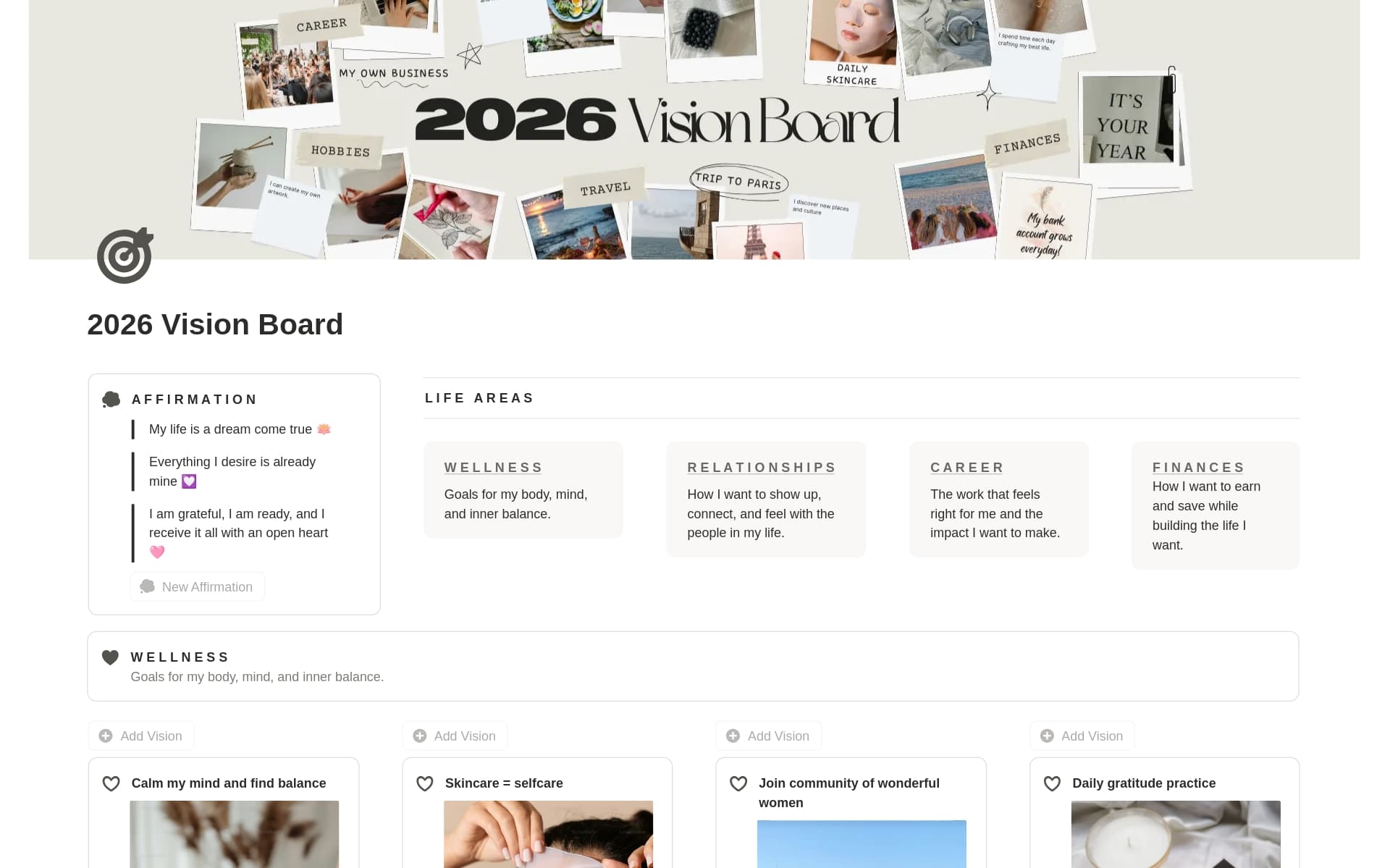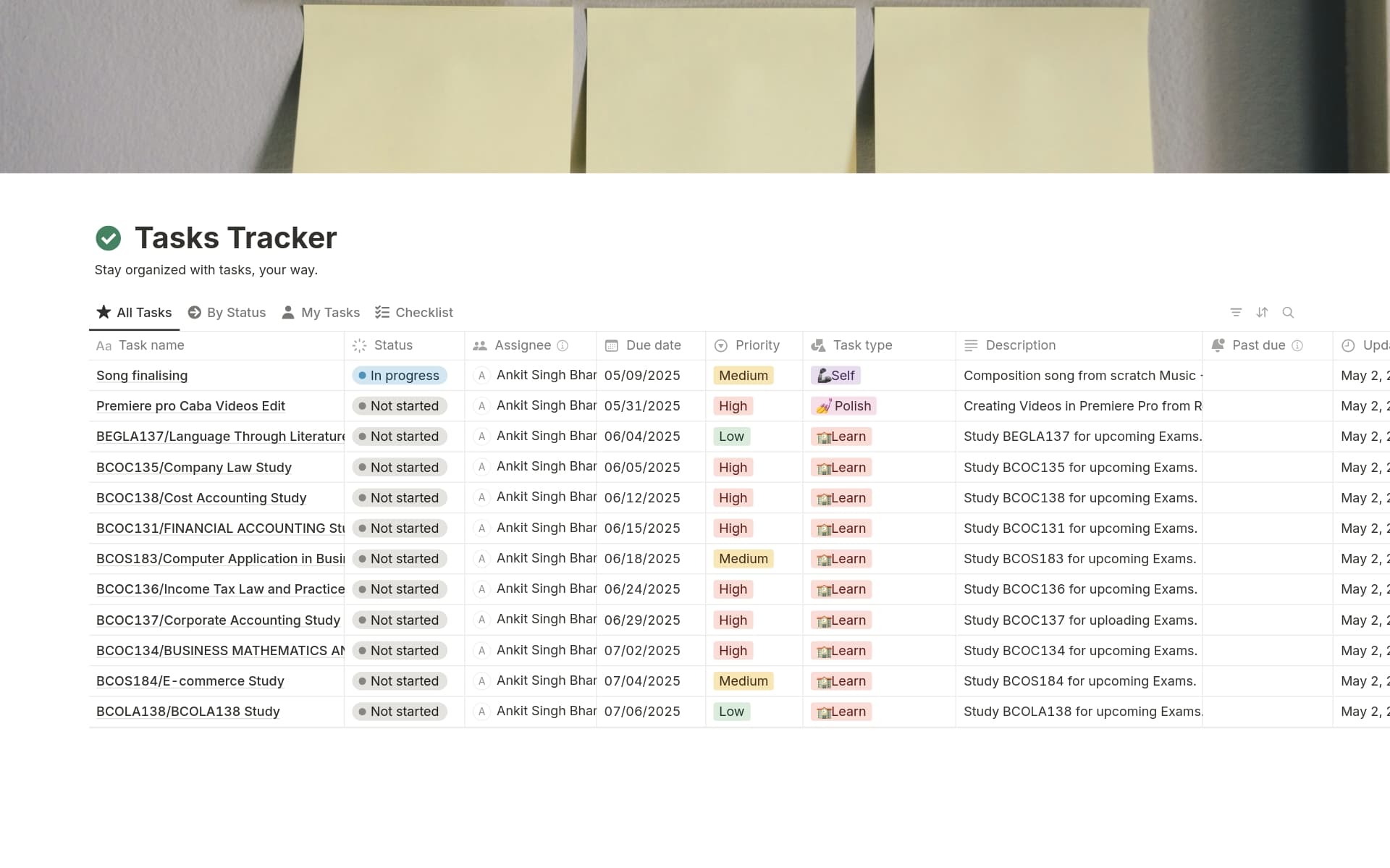For sales engineers, understanding patterns and progress in sales activities is a foundational aspect of achieving successful outcomes. Sales Rollup, therefore, plays an instrumental role in aggregating sales data, providing a comprehensive overview of sales efforts, trends, and results. Through Sales Rollup templates, specifically designed for use in Notion, sales engineers can streamline the organization and analysis of sales data, making it simpler to draw actionable insights and make informed decisions.
Before diving into the creation of your own Sales Rollup template, exploring existing templates might offer invaluable shortcuts and inspiration. Below, consider reviewing these Sales Rollup templates to facilitate a smoother process.
What Should Sales Rollup Templates Include?
Choosing the right Sales Rollup Template can streamline your sales reporting and enhance team performance. Here are key components to look for in an effective template:
Comprehensive Metrics Dashboard - Ensure the template includes a dashboard that provides a quick overview of key performance indicators (KPIs) like sales volume, revenue, and growth metrics.
Integration Capabilities - It should easily integrate with existing CRM and sales tools to automatically pull in data, reducing manual entry and potential errors.
Customization Options - A good template will offer customization to adapt to your specific sales processes and reporting needs.
Collaboration Features - Look for templates that support real-time collaboration, allowing team members to update and share information effortlessly.
Selecting a template with these components will not only save time but also provide deeper insights into your sales operations, driving better business decisions.
What Should Sales Rollup Templates Avoid?
Choosing the right Sales Rollup template is crucial for streamlining your sales processes efficiently. However, certain features can complicate rather than simplify your workflow. Here are three key components to steer clear of:
Overly Complex Formulas: Templates with complicated calculations can be error-prone and difficult to adapt. Opt for simplicity to ensure reliability and ease of use.
Non-Customizable Fields: Avoid templates that don't allow you to modify fields. Sales teams need the flexibility to tailor tools to their specific needs and markets.
Excessive Automation: While automation can save time, too much can remove critical human oversight. Choose templates that balance automation with manual input.
Remember, the best template is one that complements your team's workflow and enhances productivity without adding unnecessary complexity.




